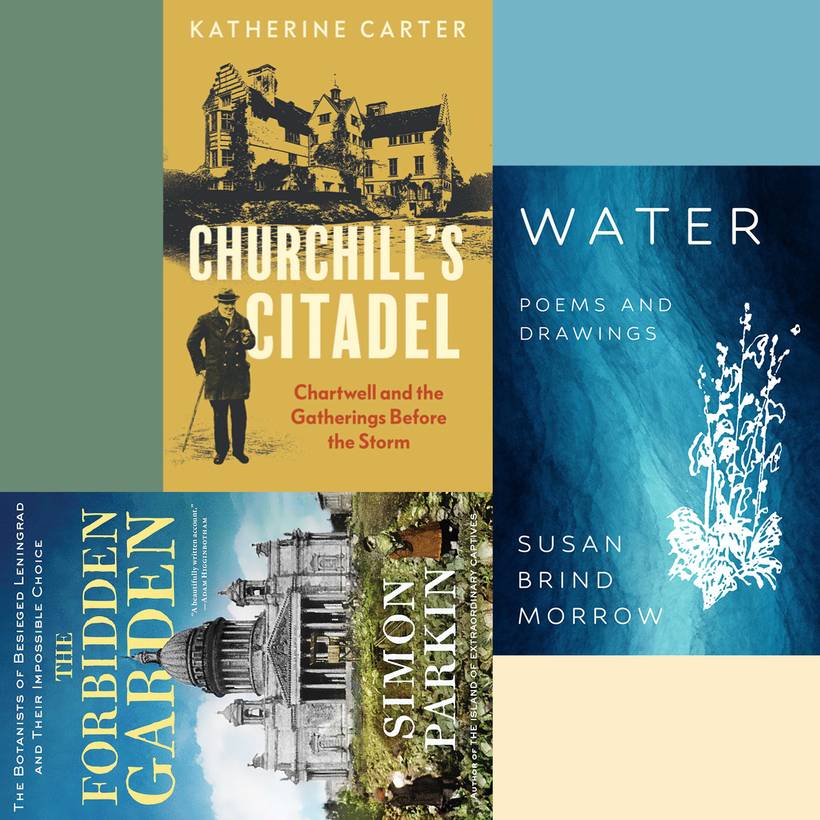Any Winston Churchill fan knows how much he loved Chartwell, his longtime home in southeast England. From 1922, when he bought it after the run-down house had failed to sell at auction, until his death in 1965, Churchill used the place as his refuge, giving him peace and solace in times both good and bad. Katherine Carter focuses on the years before the war, when Churchill spent much time in the political wilderness and used Chartwell as his base to curry support and entertain visitors such as Albert Einstein and T. E. Lawrence.
This riveting book is a triple history, one of Churchill the man, one about the gathering storms before 1939, and one about a house whose walls, if they could talk, would transfix you for hours. The author has a wonderful style, breezy yet authoritative, and where else would you learn that the famed “Lawrence of Arabia” would entertain the children on his visit by wearing his ivory silk robes from his heroic days of the Arab Revolt, but then, having failed to bring a dinner jacket, wore an outfit owned by Churchill? “He made a marvellous sight, looking so very small and lost,” wrote one guest. “His hands and feet could not be seen … the cuffs dangling in his soup.”

